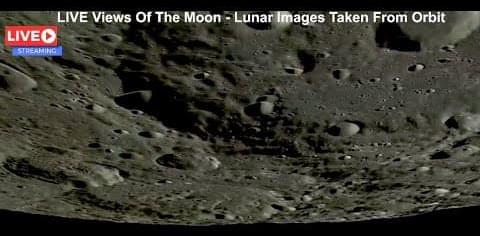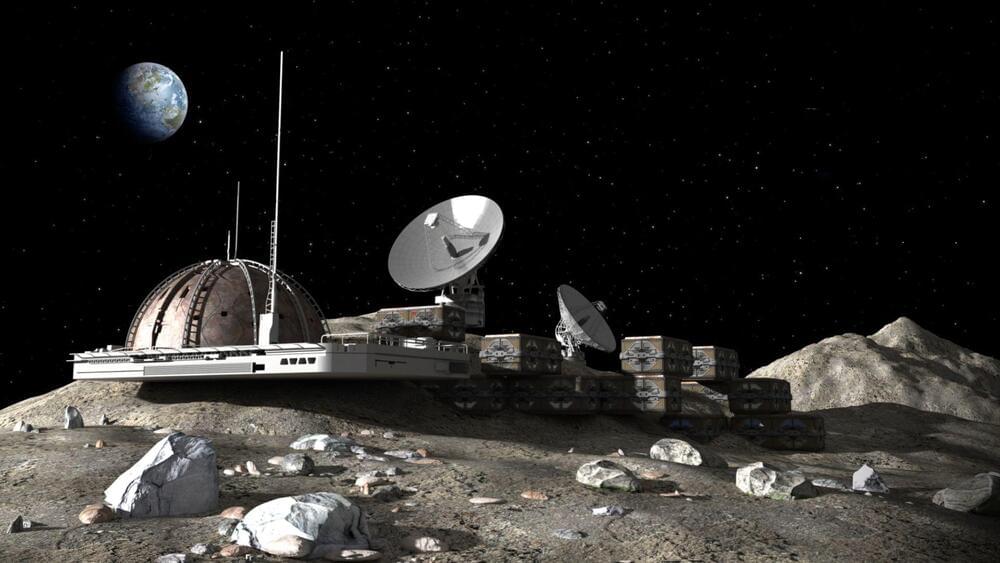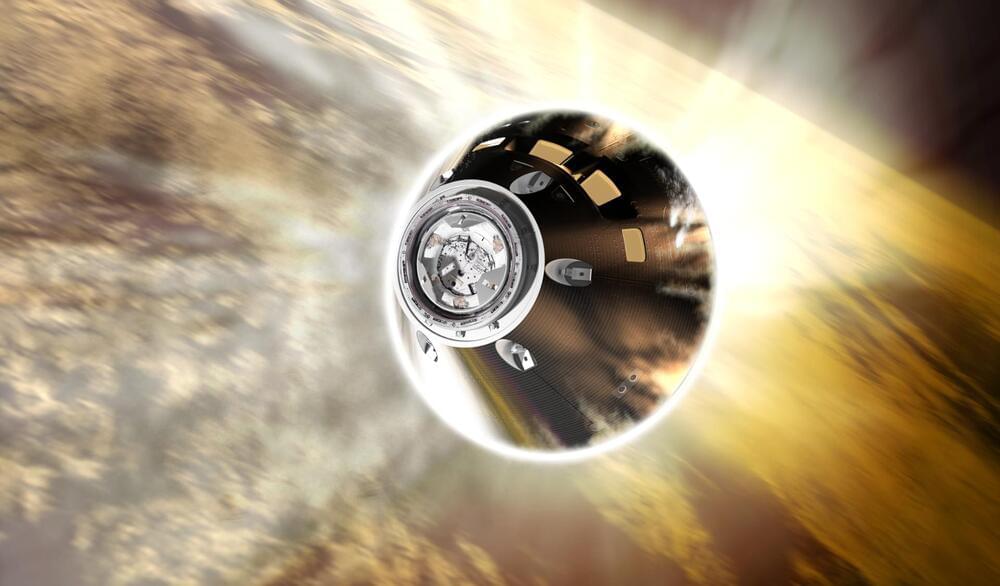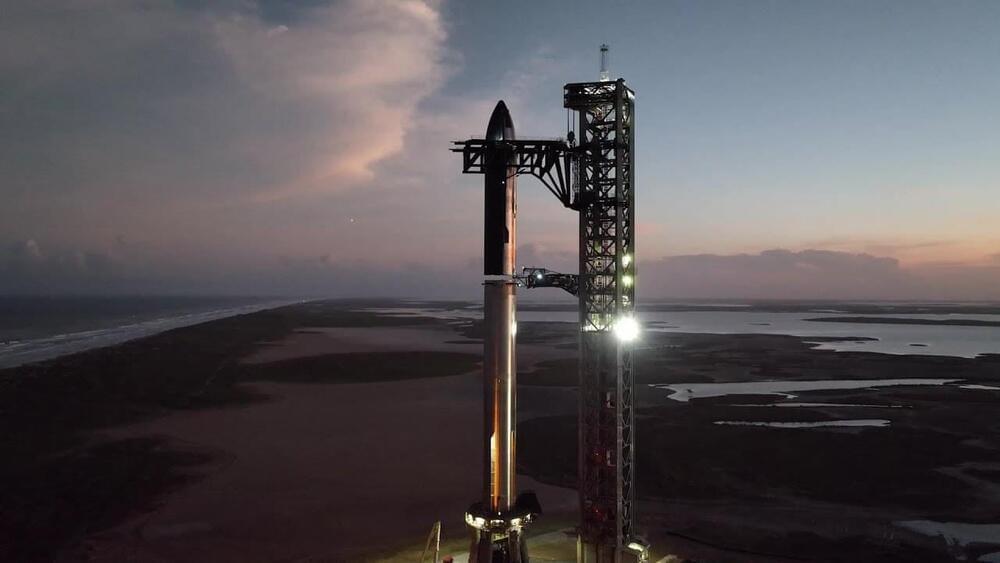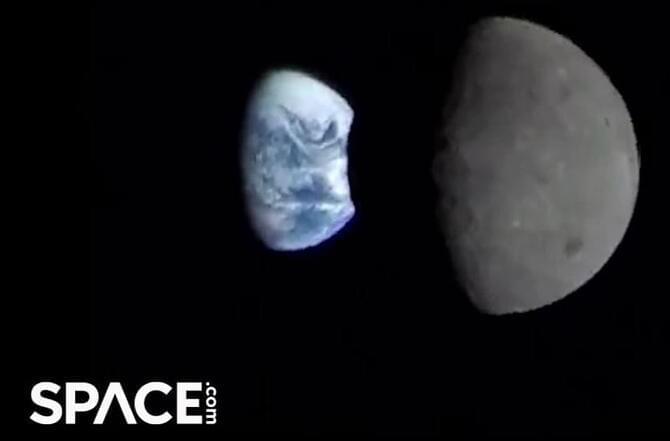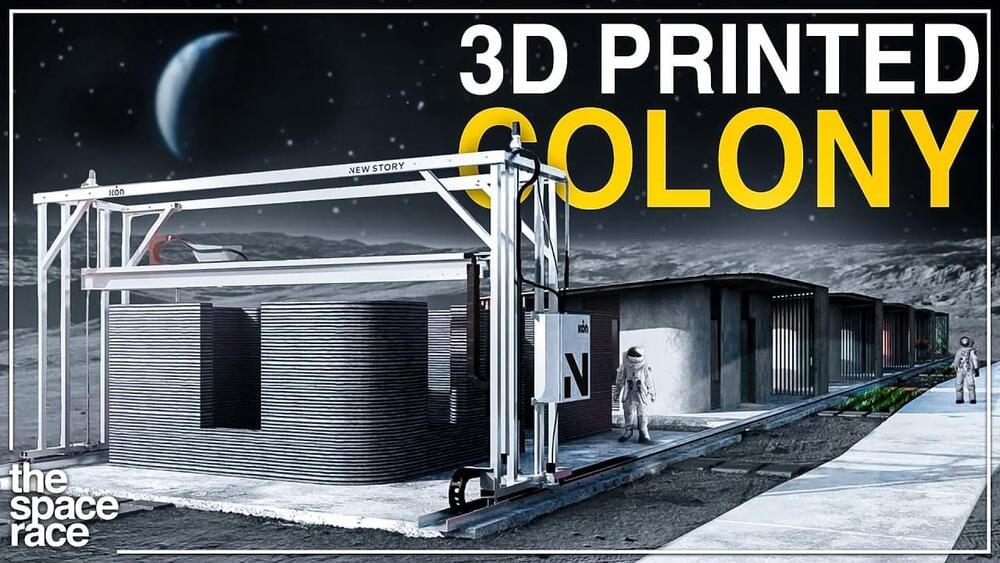Dec 10, 2022
LIVE View Artemis I Orion Flying Over The Moon (Angle 2)
Posted by Alberto Lao in category: space travel
Watch live as our mega Moon rocket launches an uncrewed Orion spacecraft on a six-week mission around the Moon and back to Earth. NASA is targeting Wednesday, Nov. 16, for the launch of the Artemis I Moon mission during a two-hour launch window that opens at 1:04 a.m. EST (0604 UTC). During #Artemis I, Orion will lift off aboard the Space Launch System (SLS) rocket, and travel 280,000 miles (450,000 km) from Earth and 40,000 miles (64,000 km) beyond the far side of the Moon, carrying science and technology payloads to expand our understanding of lunar science, technology developments, and deep space radiation. Through Artemis missions, NASA will land the first woman and the first person of color on the Moon, paving the way for a long-term lunar presence and serving as a steppingstone to send astronauts to Mars. We are going.
PLEASE SUBSCRIBE!! https://www.youtube.com/user/SteviePAX
Continue reading “LIVE View Artemis I Orion Flying Over The Moon (Angle 2)” »
